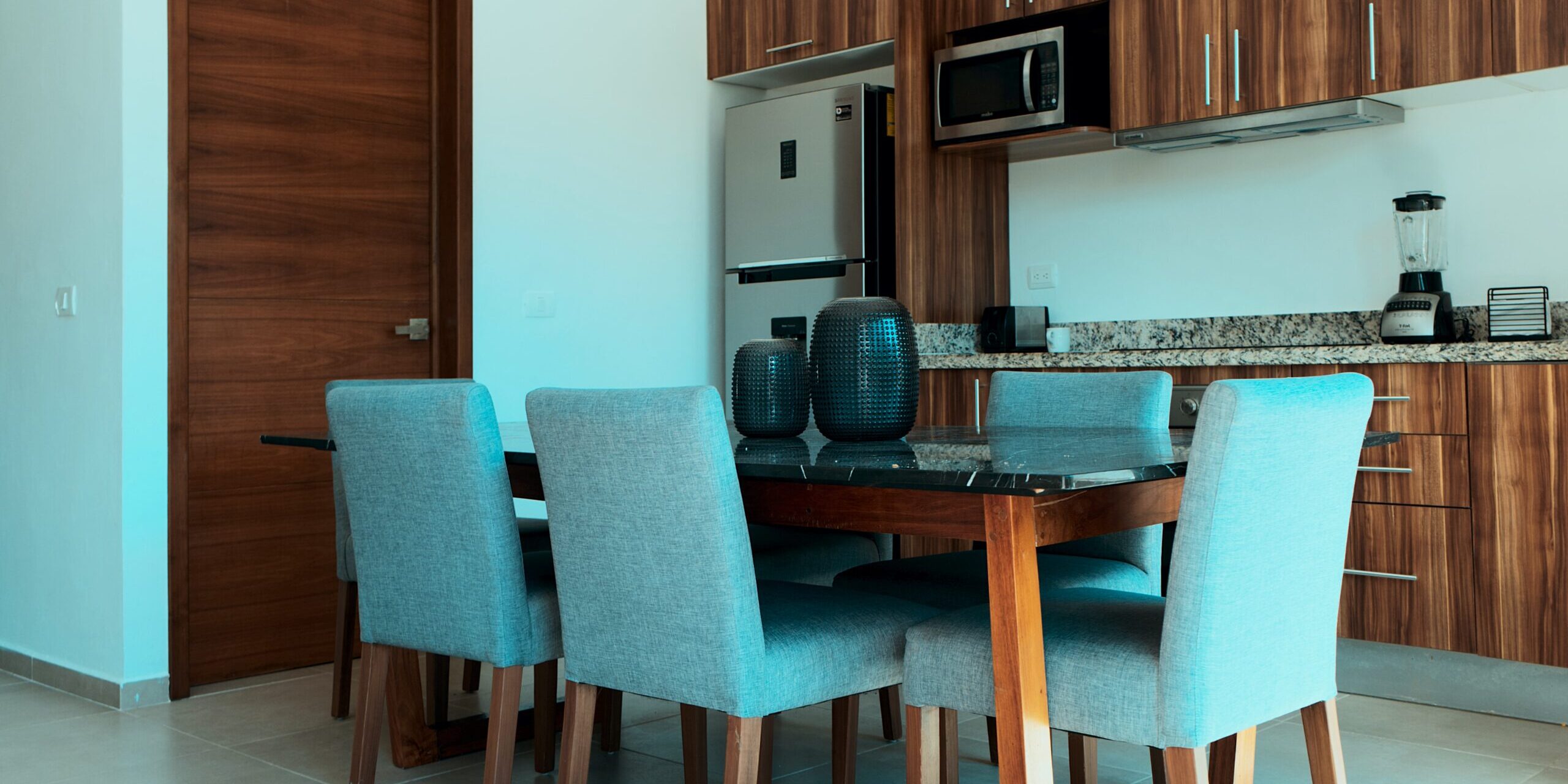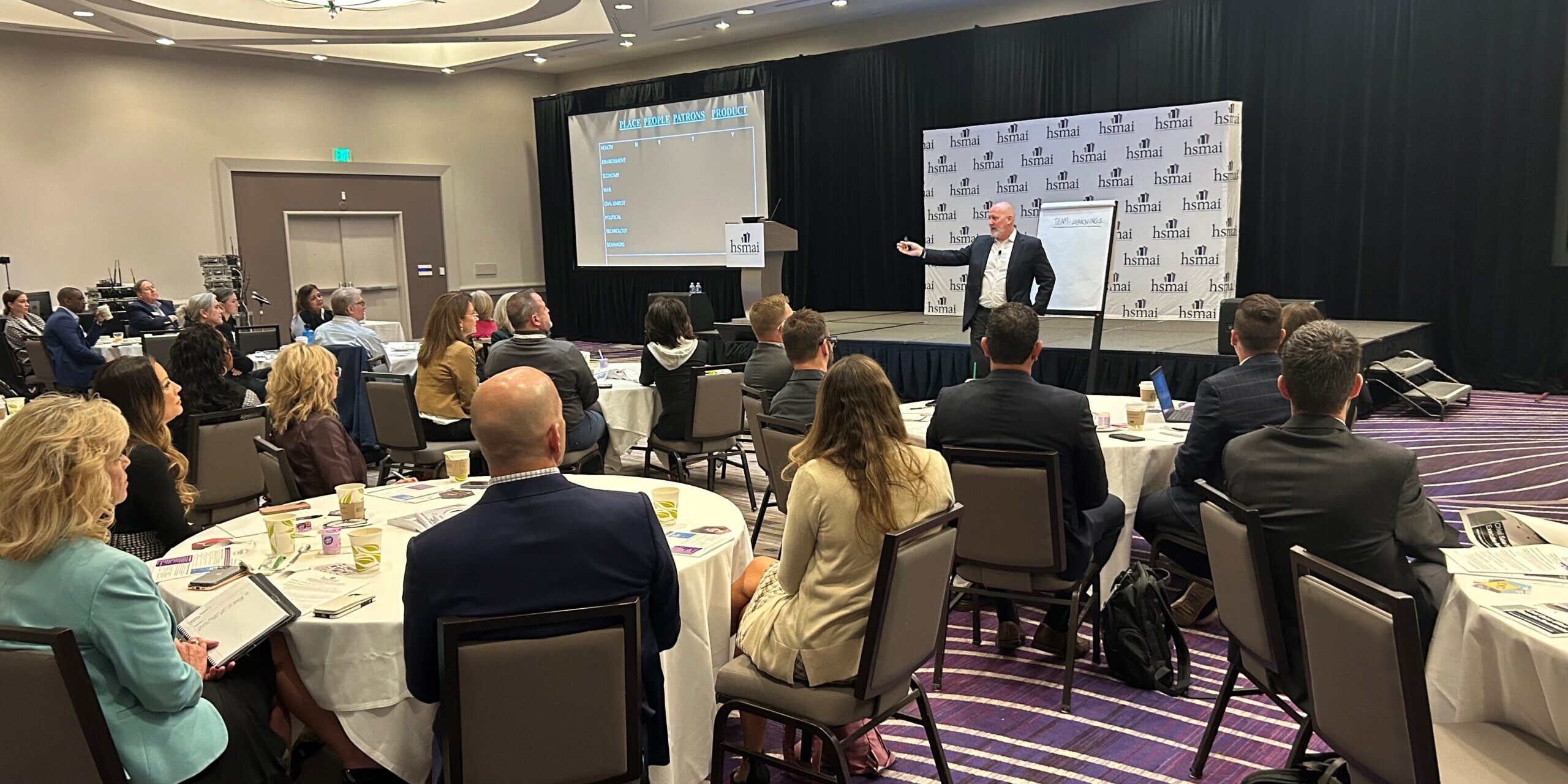Megan Becker, Manager of Hiring and Training, Reservations | Hershey Entertainment & Resorts Company
Stephanie Davis, Team Leader, Sales Support | Accor
If you had the opportunity to peruse our latest article on The Value of a Contact Center, you might now be wondering how you go about fostering a mutually beneficial relationship with your contact center – lets dive in!
- Stay Connected – Foster a relationship that invites communication by implementing scheduled meetings or check-ins between the revenue management and contact center teams. These intentional points of connection serve as a dedicated forum for teams to exchange timely updates, address challenges collaboratively and ensure alignment of their strategies.
- Share Goals and Objectives – Ensure both teams have a clear understanding of one another’s short and long-term goals! This alignment fosters unity and encourages collaboration between revenue management and the contact center teams.
- Market Intelligence – Share relevant data and insights between the revenue management and contact center teams. This can include customer feedback and market trends. By sharing this information, both teams can make informed decisions and work together to optimize revenue and customer satisfaction. This includes proactive communication around large-scale events or groups taking place at the hotel level, which can both positively (or negatively) impact the Contact Centre if not adequately forecasted!
- Spotlight Achievements and Opportunities for Growth – Regularly showcase the triumphs of the Contact Center, highlighting its successes, while maintaining transparency about specific areas where the hotels and Revenue Management teams can offer support. Hotels and Revenue Management teams offer the same to your Contact Centre counterparts – they want to both celebrate and support you!
- Develop Incentives – encourage collaborative incentives aligned with the Revenue Management teams to deliver value to all participants. This not only contributes to enhanced revenue, benefiting our Revenue teams, hotels, and contact centers, but also plays a crucial role in supporting our frontline colleagues who start creating the perfect guests experience before they event step foot onsite!
Implementing these strategies can ensures a strong connection between your revenue management and contact center teams. This fosters effective collaboration and a shared focus on common goals, leading to increased revenue growth and the delivery of exceptional customer service.
In our upcoming article, we will focus on the world of Contact Center Jargon, specifically exploring the many acronyms. Join us in navigating the language of Contact Centers, where discussions revolve around key performance indicators (KPIs), emphasizing both Rev/TT and overall AHT. It’s a hospitality wonderland waiting to be uncovered!
To learn more about HSMAI’s Contact Center Special Interest Group, please visit https://americas.hsmai.org/about/hsmai-contact-center-special-interest-group/









 Robert A. Gilbert, CHME, CHBA, President and CEO, Hospitality Sales & Marketing Association International (HSMAI)
Robert A. Gilbert, CHME, CHBA, President and CEO, Hospitality Sales & Marketing Association International (HSMAI)
